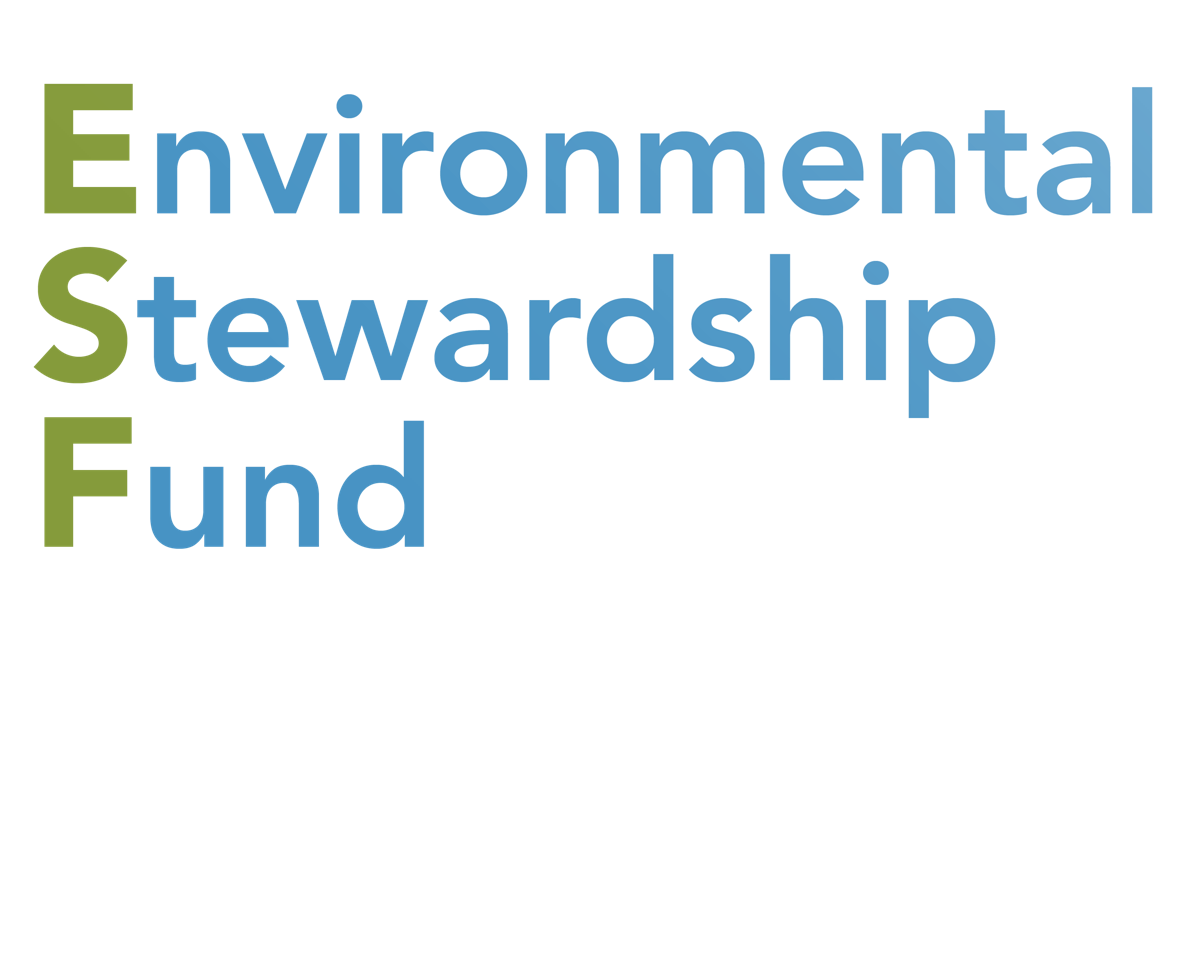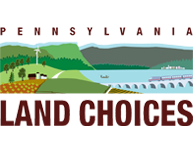Nonprofit organizations Natural Lands and Trellis for Tomorrow are partnering together on a program that introduces Chester County youth who have faced social and economic disadvantages to real-world career opportunities in caring for nature. The program—called Youth Environmental Stewardship (YES)—began last year; the partners recently announced they are looking to expand the program in 2020.
The YES program focuses on creating the next generation of land stewards. A cohort of 13 to 17-year-olds work on a variety of conservation projects at two of Natural Lands nature preserves: Binky Lee and Bryn Coed, both located in Chester Springs, Chester County. Projects include planting trees, trail maintenance and construction, invasive species removal, and various beautification projects. The program emphasizes conservation and allows participants to explore possible career opportunities in the field.
The YES program is run by Trellis for Tomorrow, a nonprofit that creates transformative, real-world opportunities for their program participants. Through the lens of sustainability, young people learn to make choices that foster health and well-being for themselves, their communities, and the environment.Bob Steininger is the director of Chester County Youth Programs with Trellis for Tomorrow. During the most recent season of YES program’s pilot period, the summer of 2019, participants endured soaring temperatures and monsoon-like rains. Said Steininger, “I tell these kids, ‘If you can handle working outside in 95-degree heat, 100-percent humidity, maintain a positive attitude and stay focused on your project, you can do anything.'”
Connecting people—especially young people—to the outdoors has become an increasingly essential part of Natural Lands’ work. “Studies have shown that spending time outdoors increases a child’s interest in and care for the environment,” says Oliver Bass, president of Natural Lands. “Part of our job is to cultivate the next generation of conservationists. Getting them outside for hands-on experiences has a far greater impact than simply teaching them about the importance of the natural world in a classroom.
While the students benefit from real-world work experience, Natural Lands benefits as well. “Help from the YES kids means my staff can focus on other projects they might not get to otherwise. Our staff is working on a lean budget to manage over 600 acres on these two preserves alone—every bit of help counts,” says Gary Gimbert, regional director of preserve stewardship.
Participants must apply to the program; the carrot is a $7.50-an-hour paycheck. But Bob Steininger says the kids also join YES to try something new, to have something to do for the summer or on the weekends in fall and spring, to meet people, or to learn more about environmental stewardship.
At face value, the YES program looks like many others that offer kids from underserved communities career training and hands-on work experience. But Steininger makes each experience on the preserves a metaphor for the real world. “At the heart of this program, we want to provide young people with a safe place to make mistakes. We provide tools and skills—accountability, time management, problem solving, punctuality, perseverance—that will translate to job success later on.” He adds, “It could change the trajectory of their lives.”






